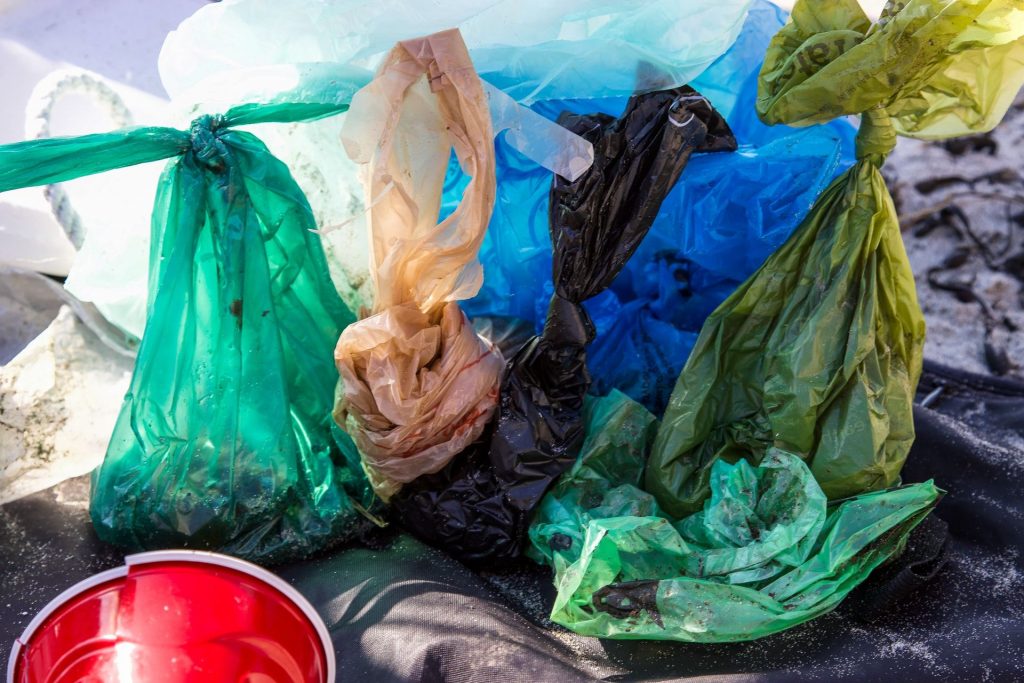Encryption Pros & Cons: a balancing act
By adeolaakinla, on 9 December 2021
By Adeola Akinla, Ayesha Gulley, Kirthika Selvakumar and Zoe Tilsiter
From securing financial transactions to enabling secure communications online, encryption plays a vital role in how we use the Internet today.1 However, recently there have been calls by state actors to undermine encryption as bad actors can also exploit the confidentiality it provides to commit crime, thereby creating an investigative barrier for law enforcement and intelligence agencies (LEIAs).2,3 Although seemingly justified, this intent does not consider the benefits encryption provides to multiple groups including individual users, activists, journalists and industry.3,4
In partnership with the Internet Society (ISOC), our research sought to uncover factors impacting stakeholders in the encryption debate, with the aim of producing an impact assessment and decision-making framework targeted at policymakers. These factors were examined through two lenses: socio-political and economic. The socio-political lens includes the implications on human rights, national security and public safety. ISOC requested that the economic lens be investigated citing the apparent lack of evidence showing the economic effects of weakening encryption; this entailed innovation, consumer trust and economic competitiveness.
Our research, therefore, addressed the overarching question “What should policymakers be aware of and consider in their decisions concerning the weakening of encryption technologies?”
Tracking the spread of science with machine learning
By Basil Mahfouz, on 18 November 2021
On 3-5 November 2021, I joined research professionals from across the Network for Advancing and Evaluating the Societal Impact of Science (AESIS) to discuss state of the art methods for evaluating the impact of research. Participants showcased institutional best practices, stakeholder engagement strategies, as well as how to leverage emerging data sources. In this blog, I reflect on the conversations initiated at the conference, drawing upon insights gained throughout my research at STEaPP.

Photo by Markus Spiske on Unsplash
Proposal for a ‘Net Zero What Works Centre’
By Siobhan Pipa, on 29 October 2021
From Professor Jeremy Watson CBE FREng
The legal requirement for the UK to achieve Net Zero greenhouse gas emissions by 2050 presents society with a wide-ranging and demanding set of challenges whose solutions require holistic and cohesive systems thinking across all sectors of activity. Social, technical, political and policy considerations must be taken together and solutions evolved that are driven by need, and which are applicable and acceptable for the whole of UK society. The November 2021 COP 26 meeting to be hosted by the UK, throws all this into sharp focus and suggests that government will wish to clearly demonstrate methods and pathways by which the 2050 objectives can be achieved. A Net Zero What Works Centre (NZWWC) may be an innovative and effective approach to accelerating and focusing coherent action.

Photo by Thomas Richter on Unsplash
Is a total ban of plastic bags good and inclusive? Lessons from Rwanda
By katerynatsybenko, on 24 September 2021
In June 2021, Ukraine adopted a law to ban plastic bags. The ban will be implemented in stages: in December 2021, bags up to 50 microns thick will be banned; on March 2022, bags 15 microns thick will be banned. Only very small thin bags for transporting fish, meat, ice will be allowed but for a limited period of time. Starting from January 1 2023, only biodegradable bags will be allowed. Similar bans have been imposed in other countries, such as Rwanda and the UK, and in the EU. Radical policies to ban plastic bags may improve environmental sustainability, but there can be unintended consequences. They should be anticipated and carefully planned for.

Photo by Brian Yurasits on Unsplash
The new Ukrainian law stipulates fines for using plastic bags: 1700-8500 UAH (45-215GBP, while 150GBP is a minimum salary) from December 2021, and 8500-34000 UAH (215-850 GBP) from March 2022.
Careers Advice for STEAPP Career Changers
By Siobhan Pipa, on 22 July 2021
By Pablo Costa and Amy Lourenco
Many of our UCL STEaPP MPA students are hoping to make a career change to work for a range of policy/strategy focussed organisations all over the world after a successful career in another field. As MPA students approach the end of their courses we wanted to share a few tips for those who are embarking on this career change.

Photo by Brendan Church on Unsplash
You are not alone
You might be career-changing, but you are certainly not the first nor the last to do so. In fact, it is becoming more and more common. According to an Aviva 2021 report, the number of people in the UK planning a career change has increased from 53% to 60% since July 2020. This same report states that over UK 700,000 workers plan to switch to a role that helps others; much like the reason why many MPA students choose to find roles within the public sector. Making a career shift can be challenging but remember you are not alone in this journey and support is available up to 3 years after graduation from the UCL Careers team.
 Close
Close

